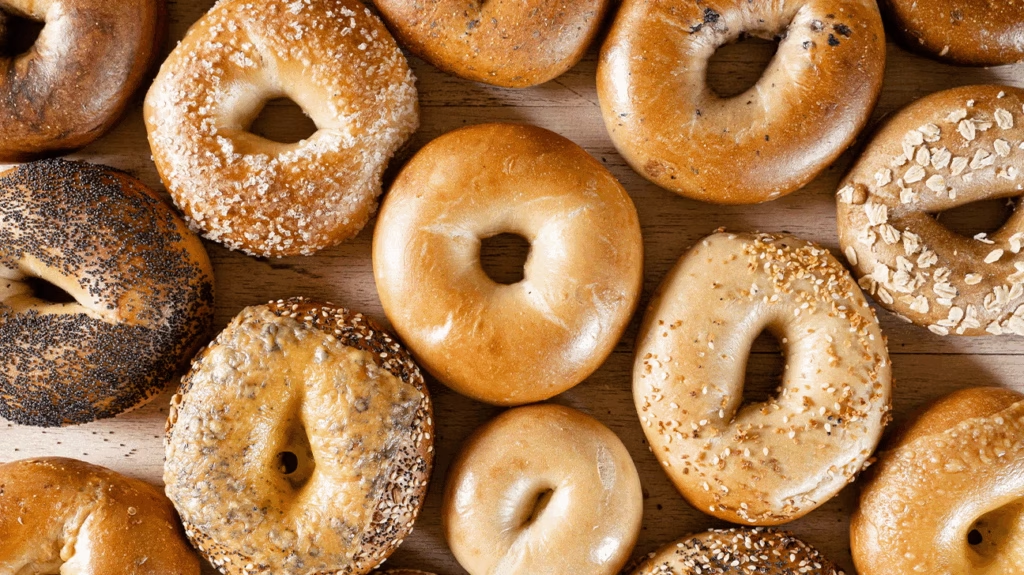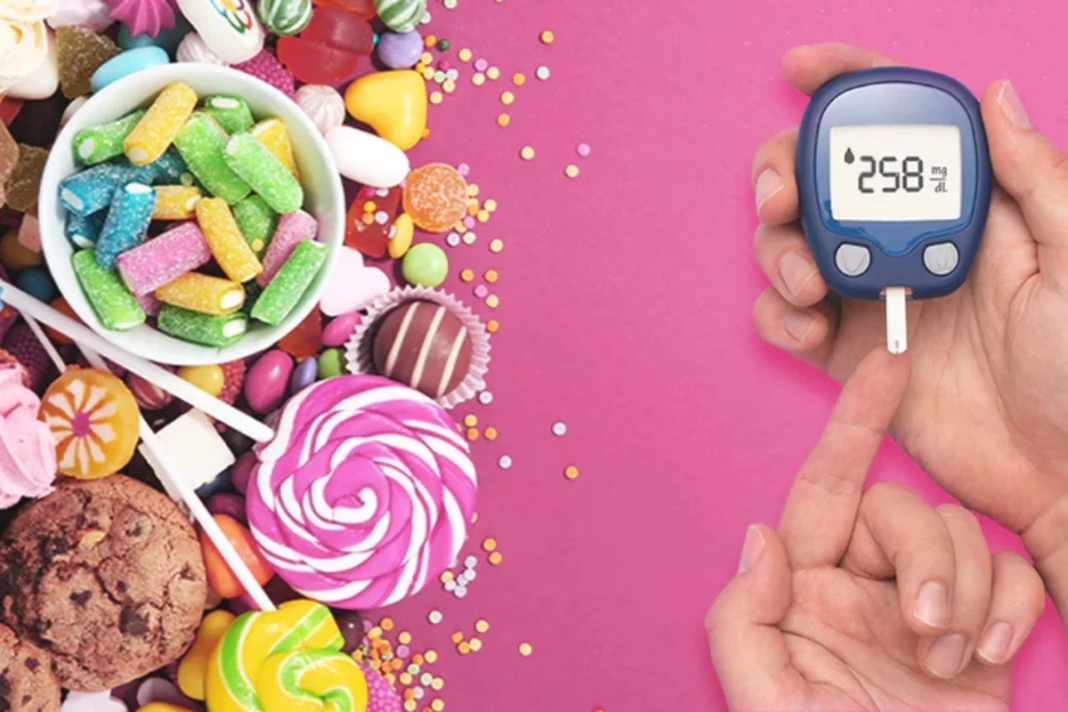High Blood Sugar: A person can skip sweets yet still face an unexpected glucose surge. The body whispers secrets through hormones, stress, and hidden foods that quietly fuel the rise.
Often overlooked triggers like poor sleep, large portions, or certain medicines create a storm beneath the surface. What seems simple becomes layered, revealing that sugar spikes are not always about desserts but about the unseen currents shaping blood balance.
Why Don’t Sweets Alone Raise Sugar Levels?
Why do blood sugar levels rise for some people even without sweets? Many assume desserts are the only culprits, yet experts like Dr. Manisha Arora and Dr. Aarti Ullal highlight overlooked causes affecting insulin resistance, metabolism, and glucose levels in Diabetes.

Desserts are not the lone reason behind rising glucose levels. Foods rich in refined carbohydrates, such as potatoes, white bread, and polished rice, also create sharp blood sugar spikes. These high glycemic foods make managing Diabetes difficult, adding silent risks with poor insulin resistance.
Processed Meals, Large Portions and Sedentary Lifestyle as Hidden Triggers
Processed foods filled with sugar, refined oils, and fats push glucose levels unexpectedly high. Even large portions of healthy foods can overwhelm insulin resistance and worsen Diabetes. So, portion size becomes as risky as processed meals in disrupting normal blood sugar balance daily.
DON'T MISS
Sitting long hours weakens insulin resistance and increases the chances of Diabetes progression. Stress hormones like cortisol slowly raise glucose levels. Poor quality or insufficient sleep worsens body control over high blood sugar, making management harder for those struggling with fluctuating morning measurements regularly.
Medications, Infections, and Hormonal Imbalances Explained
Certain medications, such as corticosteroids, antidepressants, decongestants, and contraceptives, influence glucose levels. Infections cause stress responses, leading to high blood sugar spikes. Hormonal fluctuations, including menopause, also worsen insulin resistance, making Diabetes more difficult to manage during shifting life stages in many individuals.
Lifestyle Tips for Sugar Control and Morning Highs
Many experience early-morning high blood sugar due to natural hormone surges called the Dawn Phenomenon. Cortisol and growth hormone signal the liver to release glucose. Sometimes, low sugar at night triggers a rebound, called the Somogyi Effect. Testing glucose around 3 AM helps differentiate these.
Choose balanced meals with low glycemic index foods and avoid refined carbs. Control portion size carefully. Exercise regularly to strengthen insulin resistance and improve diabetes. Sleep well to avoid hormonal imbalance. Manage stress with yoga or meditation. Keep monitoring glucose levels, especially during early mornings.
Expert Insights on Managing Sugar Beyond Just Sweets
Dr. Arora explains, “It’s a myth that only sweets raise blood sugar; many everyday factors are ignored.” Dr. Ullal agrees, stressing lifestyle corrections for controlling Diabetes. Both note glucose levels, insulin resistance, and hormonal balance must be monitored to reduce hidden causes producing sudden sugar surges daily.
High blood sugar often hides beyond sweets. Everyday foods, lifestyle, and hormonal patterns shape Diabetes, glucose levels, and insulin resistance more than most people imagine.



